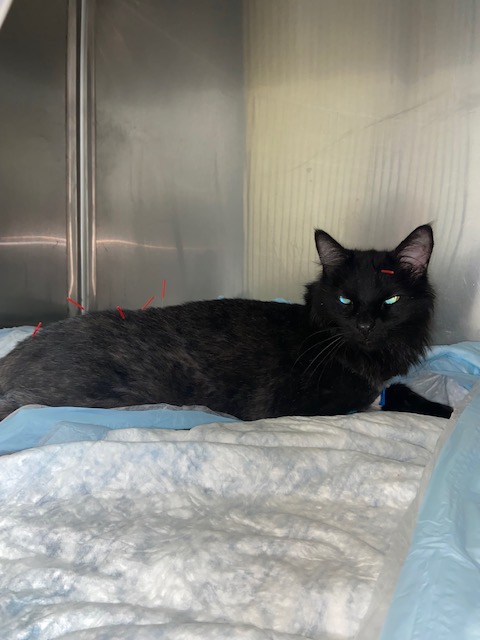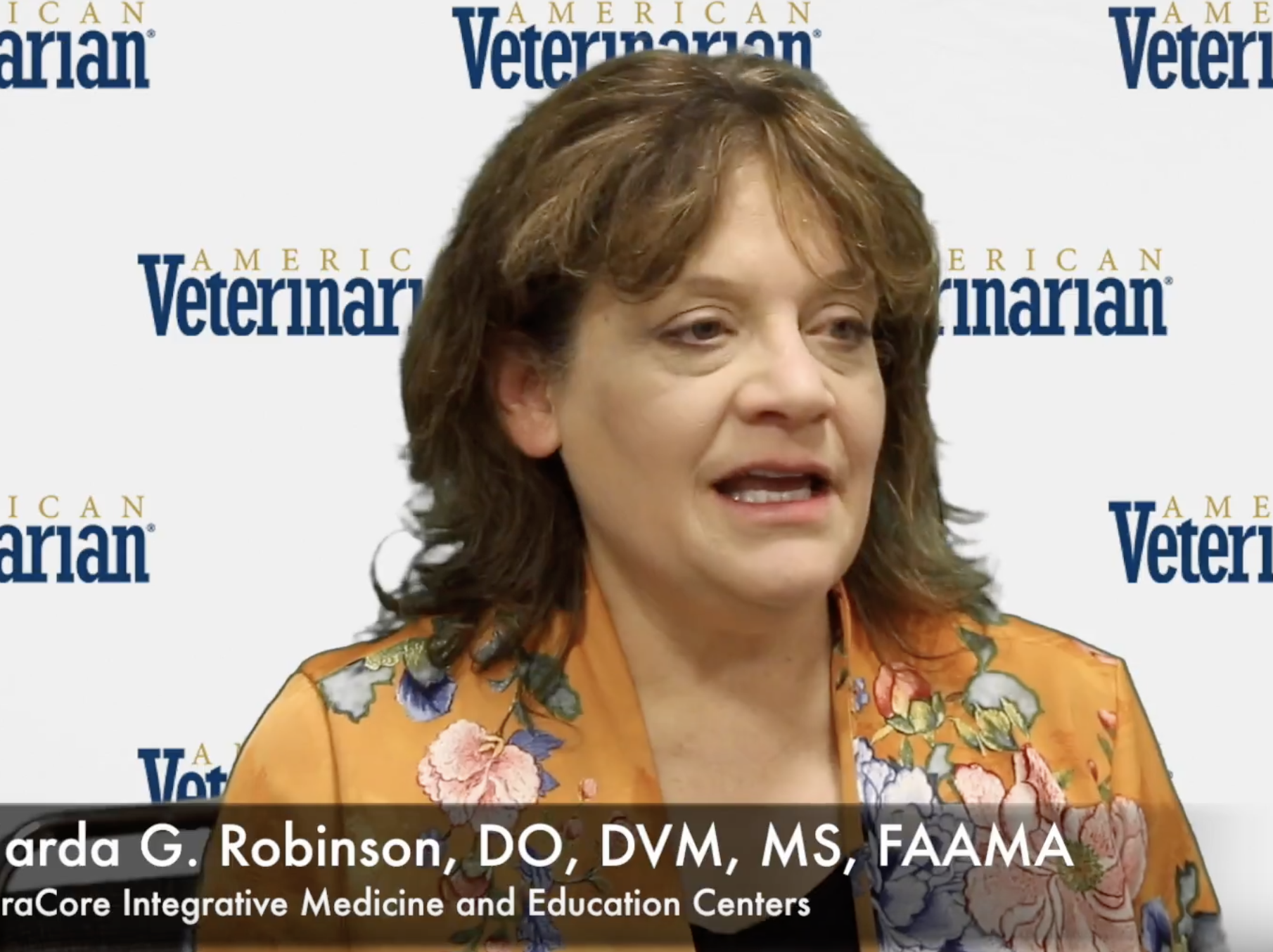


The Biggest Myth About Integrative Veterinary Medicine – American Veterinarian
Narda G. Robinson, DO, DVM, MS, FAAMA, president and CEO of CuraCore Integrative Medicine and Education Centers, says the biggest myth she sees about integrative medicine arises from Chinese medicine. There are entrepreneurial incentives to promote acceptance of an outdated ideology that was developed in a prescientific era, she explains. Dr. Robinson believes there is an appropriate compromise between Western medicine and a holistic approach.

Using Acupuncture in Veterinary Medicine – American Veterinarian
Acupuncture is one of the safest medical modalities, explains Narda G. Robinson, DO, DVM, MS, FAAMA, president and CEO of CuraCore Integrative Medicine and Education Centers. However, it is important to have a veterinary background when treating animals with acupuncture, because it is a medical approach, she adds. The most common uses for acupuncture are for musculoskeletal pain and neurologic conditions, Dr. Robinson says.

Acupuncture – Clinician’s Brief Integrative Medicine
What Is “Acupuncture”?
Most often, the term acupuncture refers to the insertion of thin metal acupuncture needles into specific sites on the body for treatment or prevention of diseases and pain.

One Medicine, One Acupuncture
“One Acupuncture”, modeled after “One Medicine”, embodies a system of translational acupuncture built upon science and hypothesis-driven research. Forging a synthesis between human and veterinary acupuncture requires consistency in point location across species so that meaningful comparisons can be made.